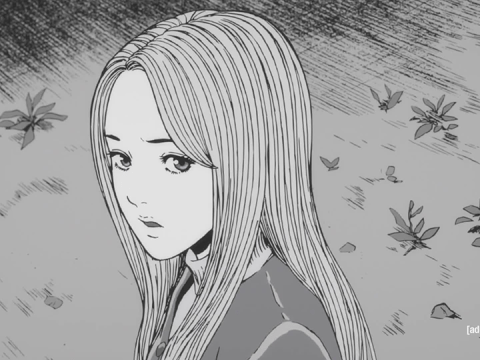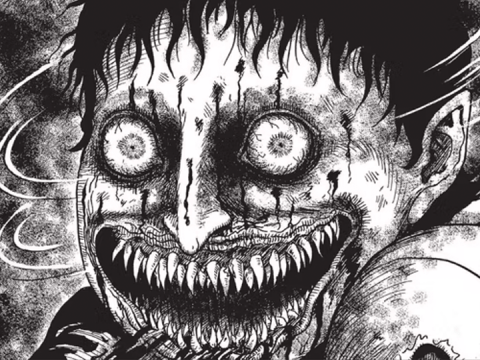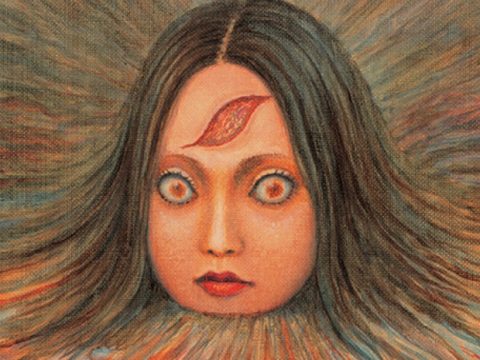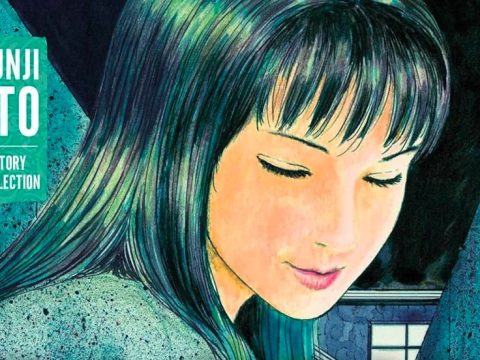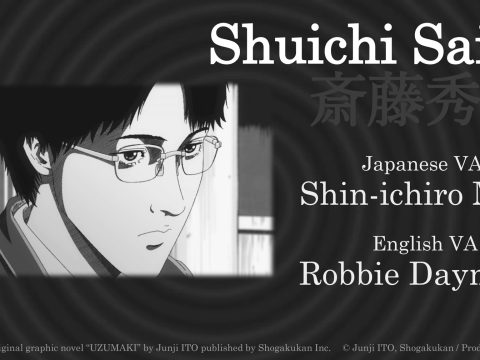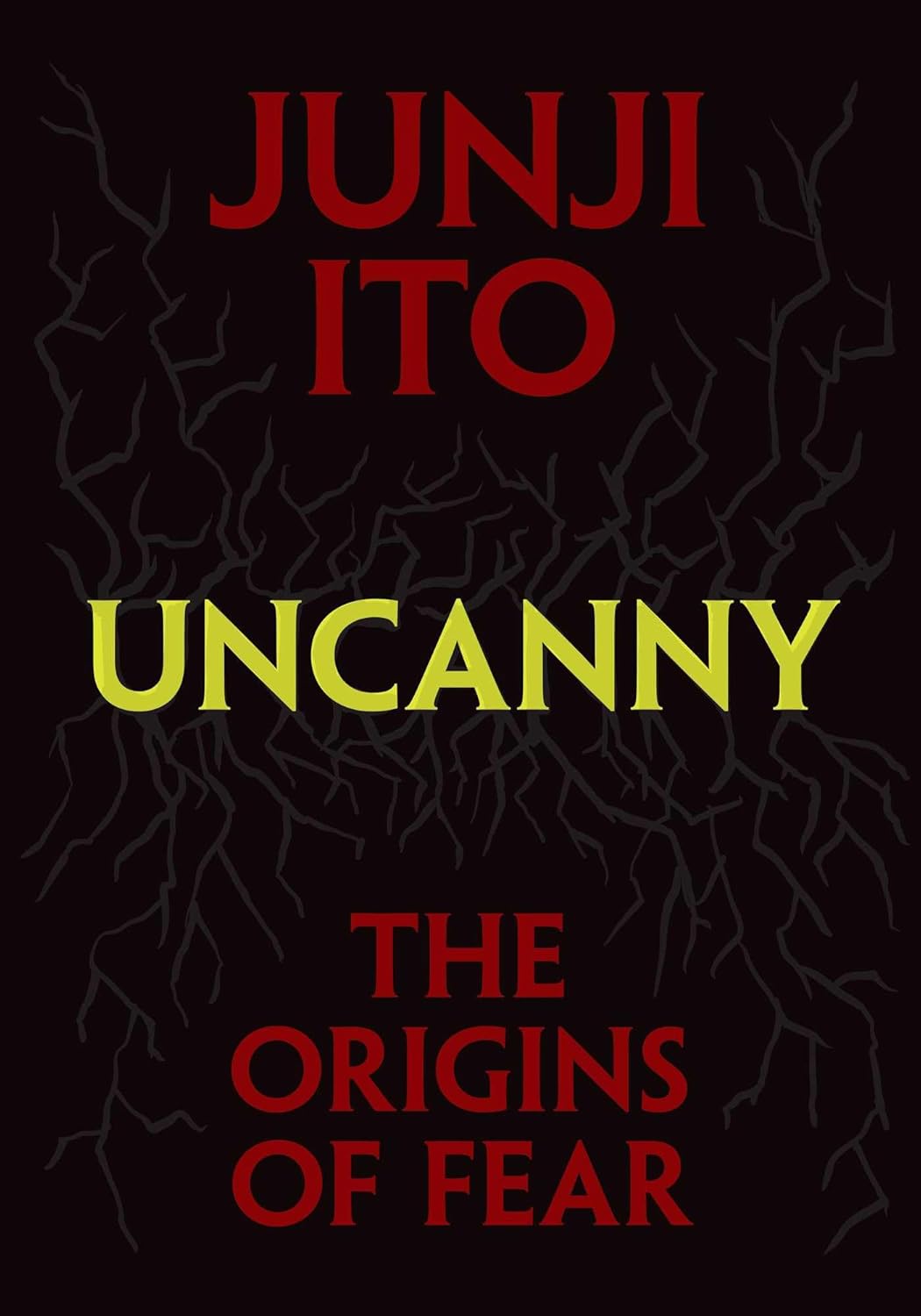 Junji Ito’s Uncanny: The Origins of Fear, is out in time for Halloween and a great read for both fans of Ito’s work and fans of horror. In fact, anyone who’s interested in the creative process could get helpful tidbits from this work.
Junji Ito’s Uncanny: The Origins of Fear, is out in time for Halloween and a great read for both fans of Ito’s work and fans of horror. In fact, anyone who’s interested in the creative process could get helpful tidbits from this work.
Uncanny: the Origins of Fear is a professional memoir split into five chapters: “Who cares what other people think?,” “Indecision, anxiety, frustration: You don’t do it because it’s meaningful,” “Ideas: When fantastical stories come into being,” “Creation: When a lovable character is born” and “Production: Creating an instantly traumatizing picture.” Altogether, the book is about 300 pages, so it has a lot going on.
The book opens with Ito talking about his childhood. He gives us a glimpse into his family life, his early influences, and how he began drawing manga at a young age and never gave up. One of the fascinating things, besides how long he’s been at his creative work, is that for a while he wanted to get into science fiction, but he just kept getting rejected for his scifi work. We follow Ito into adulthood and his dental job, and then he reveals that a fear that he would die at forty made him decide to pursue his manga more seriously.
Besides these interesting autobiographical details, Ito also shares ideas on how he thinks, revises and works. This includes many images of things like early sketches and notes. He goes to some of his famous stories, like Uzumaki and Tomie, and explains exactly how they came to be. This is fascinating, enlightening, and humanizing on his part. His writing reads in a very honest way, showing the ups and downs of the manga business, as well as both his struggles and triumphs.
Uncanny: Origins of Fear is something that could potentially be used in writing or drawing classes as a form of inspiration, just as it can also be read by any layperson curious about how Ito’s mind works.
Story & Art: Junji Ito
Publisher: VIZ Media
Translator: Jocelyne Allen
____
Danica Davidson is the author of the bestselling Manga Art for Beginners with artist Melanie Westin, plus its sequel, Manga Art for Everyone, and the first-of-its-kind manga chalk book Chalk Art Manga, both illustrated by professional Japanese mangaka Rena Saiya. Check out her other comics and books at www.danicadavidson.com.


